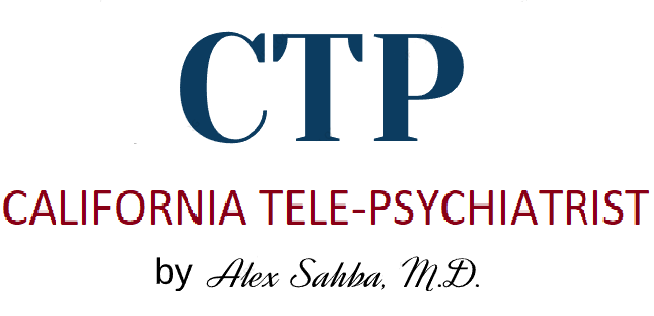Archive for January 2024
Medication Management
Medication management refers to the process of overseeing the use of prescribed medications for various medical conditions, including mental health issues. It involves careful monitoring to ensure that individuals take their medications as directed by healthcare professionals. The goal is to maintain the proper dosage and timing for maximum effectiveness while minimizing potential side effects.…
Read MoreOCD
Obsessive-compulsive disorder (OCD) is a mental health condition characterized by recurring, intrusive thoughts (obsessions) and repetitive behaviors or mental acts (compulsions). Individuals with OCD may feel compelled to perform these rituals to alleviate distress. OCD can significantly impact daily life and relationships. Understanding the nature of OCD is essential for fostering empathy and support for…
Read MoreADHD
Attention-deficit/hyperactivity disorder (ADHD) is a neurodevelopmental disorder that affects an individual’s ability to focus, control impulses, and engage in organized tasks. It often presents in childhood and can continue into adulthood. People with ADHD may have difficulty concentrating, staying organized, and managing their time effectively. Understanding ADHD can help individuals and educators provide appropriate accommodations…
Read MoreAnxiety
Anxiety is a common emotional response to stress or perceived threats. It can manifest as excessive worry, restlessness, and physical symptoms like a rapid heartbeat. Anxiety disorders, such as generalized anxiety disorder and social anxiety disorder, involve chronic and heightened levels of anxiety that can interfere with daily life. Recognizing the nature of anxiety can…
Read MorePsychosis
Psychosis is a mental state characterized by a disconnection from reality. People experiencing psychosis may have hallucinations (seeing or hearing things that aren’t there) and delusions (false beliefs). It can occur as a symptom of various mental health conditions, including schizophrenia and bipolar disorder. Understanding psychosis is important for promoting empathy and support for individuals…
Read MoreAddiction
Addiction refers to the compulsive use of substances or engagement in behaviors, despite adverse consequences. It is characterized by a loss of control over these activities. Addiction can encompass substances such as drugs and alcohol or behaviors like gambling and gaming. Recognizing the nature of addiction is essential for individuals and communities to address the…
Read MoreDementia
Dementia is a progressive cognitive decline that affects memory, thinking, and the ability to perform everyday tasks. It is not a normal part of aging but rather a complex syndrome often associated with conditions like Alzheimer’s disease. Dementia can impact an individual’s ability to communicate, make decisions, and maintain independence. Understanding dementia is vital for…
Read MoreDepression
Depression is a mental health condition characterized by persistent feelings of sadness, hopelessness, and a loss of interest in activities. It can affect one’s mood, energy levels, and overall quality of life. Depression is more than just a passing mood; it is a complex emotional state that can vary in intensity and duration. Recognizing the…
Read MorePsychotherapy
Psychotherapy, also known as talk therapy, is a therapeutic approach that involves conversations between individuals and mental health professionals. It provides a safe space for people to explore their thoughts, emotions, and behaviors. Psychotherapy helps individuals gain insight into their mental health concerns, life experiences, and patterns of thinking. Although psychotherapy doesn’t prescribe solutions, it…
Read MoreBipolar Disorder
Bipolar disorder is a mental health condition characterized by extreme mood swings. Individuals with bipolar disorder experience periods of intense elation and high energy (mania) followed by episodes of deep sadness and low energy (depression). These mood swings can significantly impact daily life and relationships. Understanding the nature of bipolar disorder is crucial for individuals…
Read More






